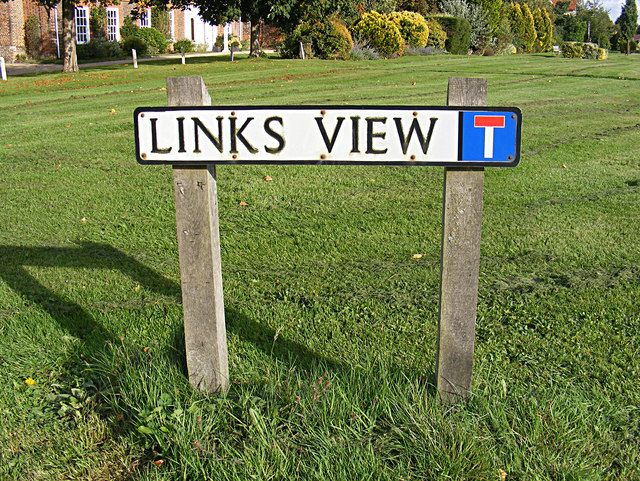In the vast digital landscape of the internet, links, or hyperlinks, serve as the connective tissue that holds everything together. They are more than just clickable elements on a webpage – they are pathways that guide users from one piece of content to another, creating a complex web of interconnected information.
Understanding Different Types of Links
Links come in various forms, each serving a unique purpose.
Internal Links
These are links that connect pages within the same website. They help users navigate the site, distribute link equity across pages, and improve the overall user experience.
By strategically using internal links, you can guide your visitors to high-value pages and improve your website’s SEO.
External Links
External links, also known as outbound links, direct users to a different website. These links are particularly important for SEO as they can signal to search engines that your site provides valuable and relevant information.
When you link to authoritative and relevant sites in your content, it can help the search engines understand your niche, and it can increase the trust and quality of your site.
DoFollow Links
DoFollow links are the standard type of link that pass on “link juice” or SEO value to the linked website, helping improve its ranking. These links can come from your own site (internal links) or from other sites (external links).
They are like votes of confidence from one site to another, and they signal to search engines that the content is worth ranking.
NoFollow Links
NoFollow links, on the other hand, tell search engines not to pass on SEO value to the linked website. They’re often used in situations where the credibility of the linked content may be in question, such as comments on a blog post.
While NoFollow links don’t contribute to page rank, they can still drive traffic and increase exposure, and they help create a natural link profile.
The Role of Links in SEO: A Closer Look
In the world of Search Engine Optimization (SEO), links serve as endorsements from one website to another. The more quality links a website has pointing to it, the more valuable it appears to search engines. This perceived value can significantly impact a website’s ranking in search results.
However, not all links are created equal. Search engines consider several factors when determining the value of a link, including the popularity of the linking page, the relevancy of the content between the source page and the target page, and the “freshness” of the link.
How Search Engines Interpret Links
Search engines like Google have complex algorithms to interpret and value links. One of the key concepts is link equity, also known as “link juice.” Link equity is the value passed from one page to another through links. It’s influenced by factors such as the linking page’s credibility, the relevance between the source and target page, and the number of links on the linking page.
‘DoFollow’ links pass on link equity, contributing to the linked website’s ranking. ‘NoFollow’ links, while not passing on link equity, can still drive traffic and increase exposure.
Did you know? Google’s original algorithm, PageRank, was named after co-founder Larry Page and was designed to rank web pages based on the quality and quantity of their links.
Link Building Best Practices
Building a healthy link profile is a crucial part of SEO. Here are some best practices:
- Create High-Quality Content: The best way to earn quality links is to create content that others find valuable and want to link to.
- Guest Blogging: Writing articles for other websites in your industry can be a great way to earn quality backlinks.
- Use Social Media: Sharing your content on social media can increase its visibility and the likelihood of others linking to it.
- Avoid Black Hat SEO Tactics: Practices like buying links or participating in link schemes can lead to penalties from search engines.
Comprehensive FAQ on Links
In this section, we’ll address some more advanced and specific questions about links.
How does the placement of a link on a page affect its SEO value?
Search engines consider the placement of a link on a page when determining its value. Links in the main body of a page are generally given more weight than links in headers, footers, or sidebars.
What is anchor text and why is it important?
Anchor text is the clickable text of a hyperlink. It’s important because search engines use it to understand the content of the linked page. Using descriptive anchor text can help improve the linked page’s SEO.
What are broken links and how do they affect SEO?
Broken links are links that lead to a non-existent page. They can negatively affect SEO by degrading the user experience and potentially leading to lower rankings.
How can I check the quality of a link?
There are several tools available, such as Moz’s Link Explorer and Ahrefs’ Backlink Checker, that can provide information about a link’s domain authority, spam score, and other metrics.
Conclusion
Links are the highways of the internet, guiding users and search engines alike. Understanding their intricacies and leveraging their power is key to mastering SEO. As we continue to navigate the digital landscape, links will remain an integral part of our journey.
